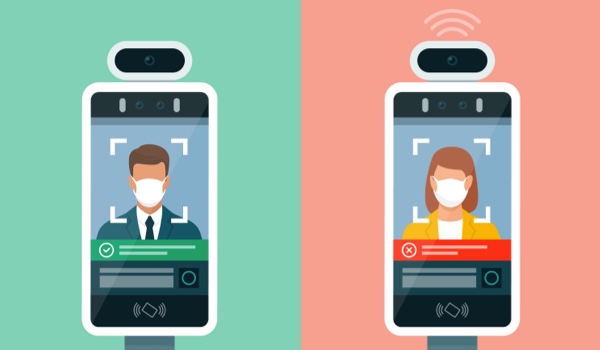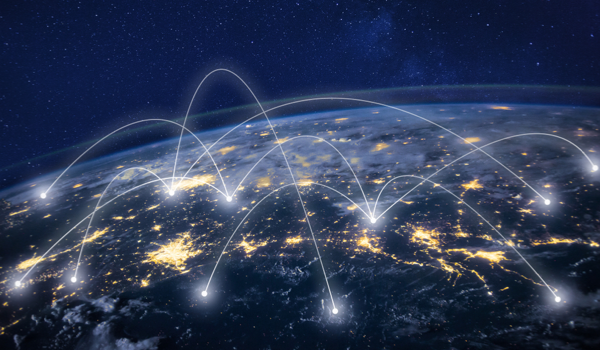


LONDON - In a joint enforcement action the data protection authorities in the UK and Australia have imposed substantial penalties on a company and ordered it to delete all data relating to people present in the two countries.
The action might be seen as a test case for search engines and appears to reverse the position generally held to be true that data which is visible to the public is automatically in the public domain, subject to (in some but not all countries), a ‘reasonable expectation of privacy’ exception.
The ramifications of this might even extend to, in particular, photographers who sell or publish images.
This has been tested, in some jurisdictions, by the designers of buildings who have claimed that photographs of their structures breach their copyright. In some cases, they have been successful, which proves that visible to the public and in the public domain are, in those jurisdictions, different, at least in relation to intellectual property.
In the specific case, the company trawled websites, including social media, and collected images and data which it then matched. It was able to identify trends in activity - visits to a coffee shop, types of concerts, and so on.
The company claimed that its data and analysis is only available to law enforcement and that it can help to trace a person’s whereabouts at any given time and, even, places that person frequents.
But the person’s consent to the collection and use of data was never obtained or, if it was obtained from social media, it was obtained in a way that the user would not have been able to exclude it. The live issue has become ‘can consent be severed’ and if not, can it be said to be willingly given?
This raises a number of issues in healthcare.
1. When a person enters e.g., a hospital, even if there is a sign at the door saying CC The content herein is subject to copyright by The Yuan. All rights reserved. The content of the services is owned or licensed to The Yuan. Such content from The Yuan may be shared and reprinted but must clearly identify The Yuan as its original source. Content from a third-party copyright holder identified in the copyright notice contained in such third party’s content appearing in The Yuan must likewise be clearly labeled as such.
 Continue with Linkedin
Continue with Linkedin
 Continue with Google
Continue with Google









 1182 views
1182 views








